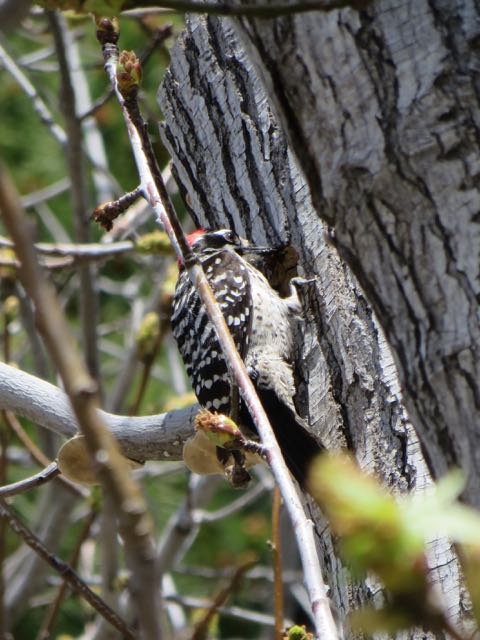March 20th: Talk about the squirrel syndrome. I came home from an appointment desperately needing to write about March’s book club book, the one I mentioned in yesterday’s post, the Faraway Nearby by Rebecca Solnit. It’s a book of connected essays and I finished the final three this morning. If I had to describe the book in one simple sentence it would be that it’s about connection and healing through storytelling, a subject that is personal to me as I feel I’m doing the same through this blog. But that description is far too simplistic. The author talks about the multiple layers of stories and how stories nourish and connect us like thread and how stories change once they are in the hands of the reader. To illustrate this theme she brings in references and analysis of things like the ice as an emotional metaphor in Shelly’s Frankenstein, Che Guevara and his revolution of kindness vs arms, leprosy and the boundaries of who we are being based on what we can feel and not feel, the message of fairy tales, Yoko Ono’s all white chess board as metaphor for warring with oneself, cannibalism as a metaphor for the reader nourishing themselves from the story of another, the powerful impact of stories on others as exemplified by people who felt the call to act as a result of Jessica McClure and her fall down the well, a labyrinth in Iceland that helped the author journey to her own center and back again out into the world, and apricots.
But I don’t think the author was effective in her message. There is too much other stuff in her essays, too many different tie-ins used as examples to support her theme. The author made the reader work too hard. I’ll even go so far as to use one of the author’s own references as a metaphor for the reading experience — the story of Jessica McClure, the 2-year old toddler who fell down a well in 1987. The tale within a tale framework used by the author puts her point at the bottom of that deep narrow well making us more a rescuer than a reader and as she reminds us a little later in the book, this can come with disastrous consequences. Still, I’m fascinated by the connection and healing through storytelling concept which is why it’s been swimming around in my head all morning; my analytical side is having a field day to the point of excluding all else. Despite being grateful for such a thought provoking author, I need to release the grasp my brain has on this idea. I thought writing about it would help.
So I was going to write about the book and then I wasn’t going to write about the book and look at that, I’ve written about the book to set the stage for my story of distraction. I was going to put a lot more into my review until I pulled up into my driveway and went to look at the Liquid Amber trees the city maintains along my sidewalk. My neighbor across the street has beautiful new trees along her sidewalk and the other older trees on the street are blooming with young leaves. My two trees are late to the party. They are late bloomers or dead. I was looking for buds, looking for signs of life. Boring stuff until I saw a Nuttall Woodpecker hopping around in one of the trees. I didn’t know the name of the Woodpecker at the time. I dropped everything, went in to get my camera when it became obvious the bird was building a nest and not going anywhere, took a bunch of photos, loaded them on my computer, shared them with a few friends, searched the internet for the name of the bird and “Poof”, as my husband and I like to say, all thoughts of the book were gone. The squirrel syndrome, aptly named because of the power nature has to distract me. Quite frankly it’s a welcome relief. I was going too far down that rabbit hole of stories within stories. Now I can put the book back on the shelf and walk away and be grateful instead for the wonder of this bird and the first signs of spring.
I feel I should go on about the ways in which you as the reader are connected to me through this story. Rebecca Solnit would. But I am not her and this is not her story.



Post your comment